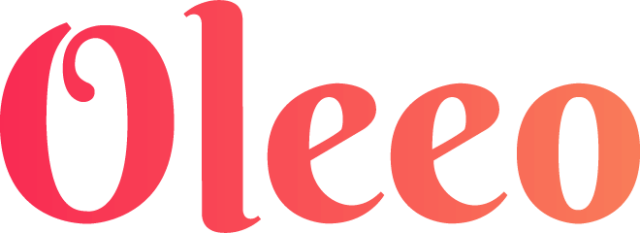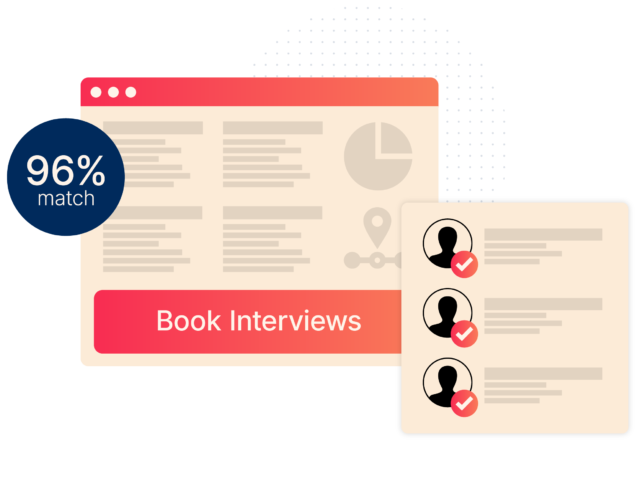The Burnout Epidemic in TA: What Financial Services Recruiters Need to Know

Burnout is one of the top three challenges for Talent Acquisition (TA) teams in financial services.
Surprised? So were we.
When we partnered with Aptitude Research to survey TA leaders, we expected to hear about intense competition, economic uncertainty, and shrinking candidate pools. But burnout? That caught us off guard.
And yet, it’s a reality. Burnout is silently undermining recruitment teams across the industry, even as leaders strive to meet ever-increasing demands.
The question is, how do we address it before it derails productivity, increases turnover, and snowballs into a bigger problem?
Know Your Enemy: What Burnout Really Looks Like
Burnout isn’t just “feeling stressed.” It’s A State Of Physical, Emotional, And Mental Exhaustion. Here are some symptoms to watch for:Constant fatigueDifficulty sleepingHeadaches or muscle painTrouble focusingBreathing issues or stomach problems
When left unchecked, burnout can lead to serious health issues like high cholesterol, type 2 diabetes, or heart conditions.
From a business perspective, the impact is just as critical. Burnout leads to higher absenteeism and turnover. As one person steps away, their workload shifts to others, creating a domino effect that puts the entire team at risk.
How to Tackle Burnout
To address burnout effectively, leaders must create environments where teams feel safe to speak up and empowered to act. Here are actionable steps to get started:
1. Create a Culture That Prioritizes Mental Health
This might include simple steps, such as offering more vacation days, longer breaks, and more personal days. Access to mental health professionals or training on how to create a sensible work-life balance also sends a strong message that maintaining health should take priority over work.
2. Empower Recruiters and Encourage Decision-Making
Giving team members more autonomy can speed up work processes and make it easier to hit deadlines. This also promotes greater work satisfaction.
3. Promote Flexible Work Arrangements
Remote work is falling out of favor in some places, but allowing some flexibility in terms of working hours and location can help those who have, for instance, long commute times.
4. Encourage Open Communication and Psychological Safety
One of the best identifiers of a successful team is the willingness of its members to speak up when they make a mistake or need assistance. When people feel safe to speak to their manager about workload and stress levels, issues that can lead to burnout can be tackled before they get out of hand.
5. Adopt AI Solutions That Automate Time-Consuming Tasks
This is, of course, one of our specialist areas—and one of the most effective ways to reduce the manual burden that leads to burnout. AI offers tangible relief for overworked TA teams by automating repetitive tasks that eat up hours of recruiters’ time.
Here are just a few ways AI is helping TA teams work smarter, not harder:
Interview Scheduling: Automate back-and-forth communications to book interviews faster and without manual effort.
Resume Screening: Instantly shortlist top candidates by matching resumes to job requirements using data-driven scoring.
Job Description Creation: Use AI to craft inclusive, engaging job descriptions that attract the right talent—without spending hours on edits.
Candidate Scoring and Matching: Streamline talent pools by ranking candidates based on their skills and experience, ensuring recruiters spend time only on the best matches.
And the impact goes beyond saving time. By streamlining workflows, AI allows recruiters to focus on strategic activities—like building relationships with candidates or improving diversity efforts—rather than getting bogged down in admin tasks.
For example, financial services firms that have implemented AI tools have seen a 65% improvement in cost per hire and significant reductions in time-to-fill metrics. These results show that adopting AI isn’t just a nice-to-have—it’s becoming a critical component for reducing burnout and increasing efficiency in today’s high-pressure recruitment environment.
The paradox is clear: teams are often too busy to adopt AI, yet AI is the key to freeing up time and reducing stress. Breaking this cycle could transform your TA team’s performance and well-being.
Why Burnout Matters
Burnout isn’t just a personal struggle—it’s a risk to your business. By prioritizing mental health, empowering your team, and leveraging the right tools, you can create a more resilient, productive, and satisfied workforce
Start Here
Burnout might be an urgent issue, but it’s just the beginning. For a deeper dive into the challenges—and opportunities—facing financial services recruiters, download our report:
AI in Talent Acquisition: Key Trends Shaping the Future in Financial Services
This comprehensive report explores burnout, diversity, AI, and more, with practical steps to help your team thrive in a fast-changing industry.



